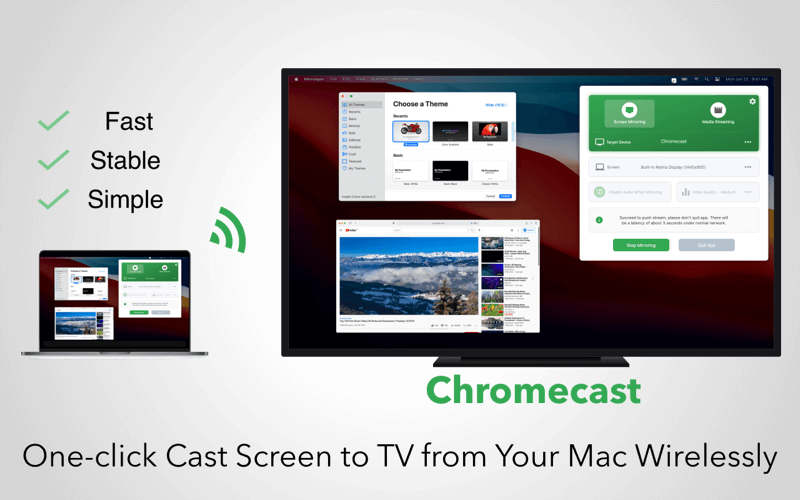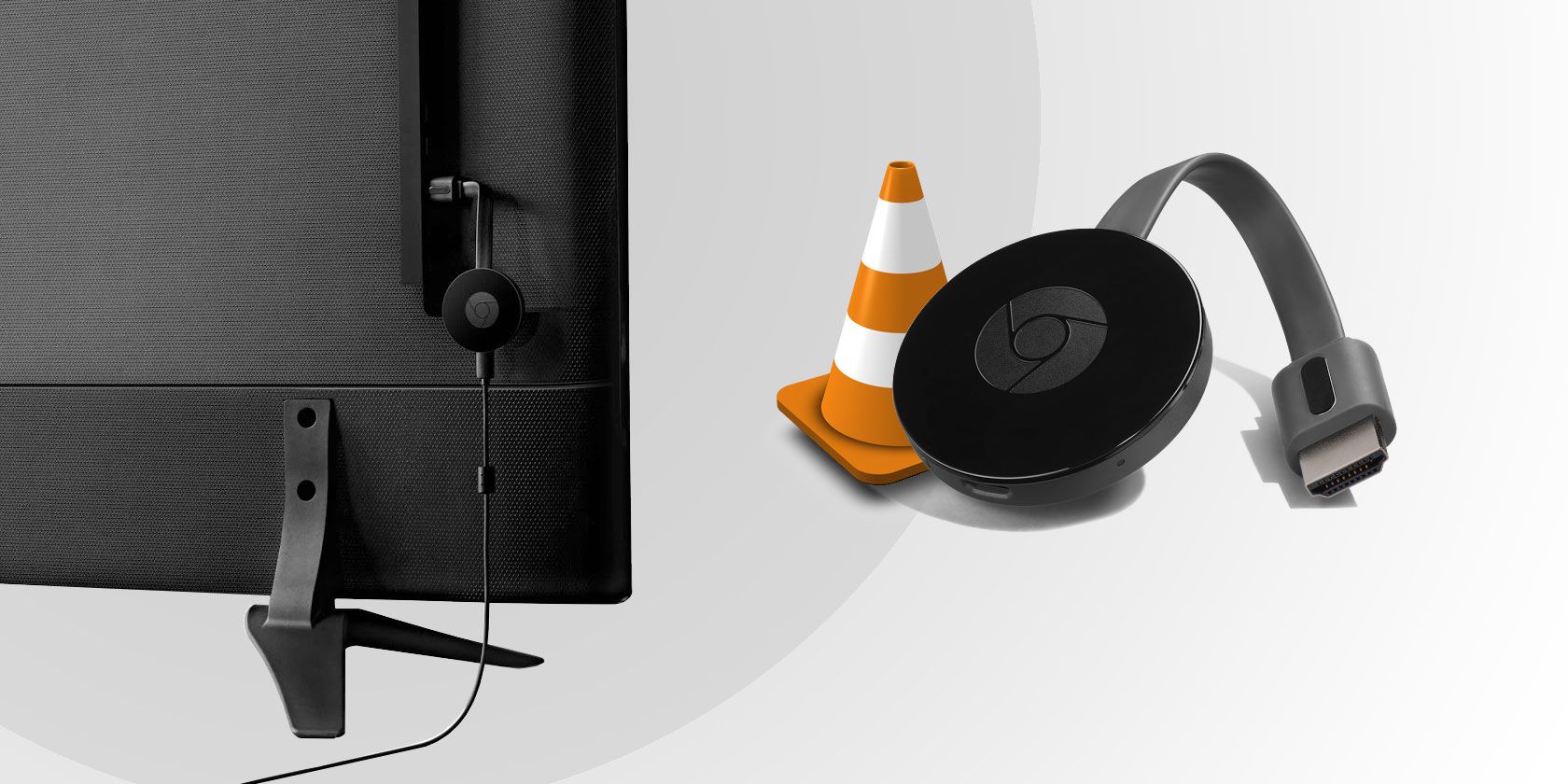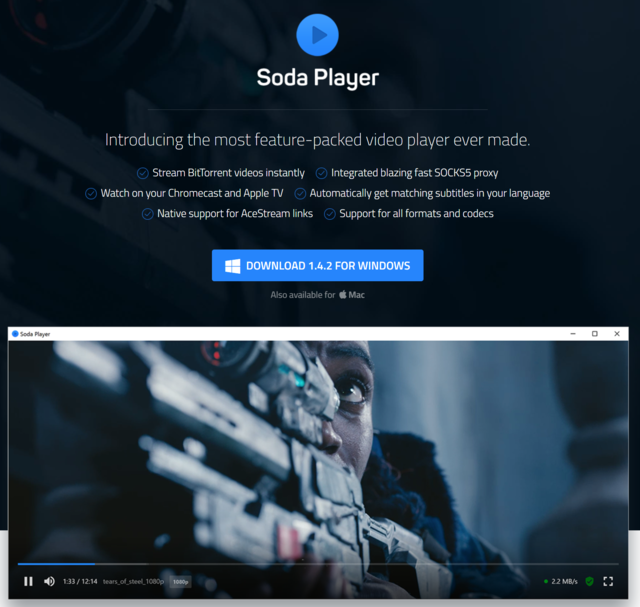

The media player should keep up with every macOS upgrade, in terms of performance.

VLC version 3.0 is currently available to download for free on for Windows PC, MacOS, Android iOS and the Windows 10 Store (UWP version). HDR formats outside of HDR 10 are not supported by VLC at this time. Other features included in VLC version 3.0 is the ability to browse and play files on an external NAS, hardware acceleration support for 4K and 8K video as well as the support for several new codecs.

Google's SDK does not work on Mac or Linux and only supports a handful of codecs, whereas VLC can transcode anything VLC can play on the fly to enable Chromecast support for a wider variety of content. This closed-source component from Google cannot be used for legal reasons, though the use of a custom/ reverse engineered implementation does have its advantages. To remain a fully open source app, VLC has implemented open source Chromecast capabilities, instead of using Google's closed source SDK to enable the feature. VLC's highly anticipated version 3.0 "Vetinari" has been released, delivering with it Chromecast support, support for 10-bit and 12-bit colour and HDR10 compatibility. This piece of software has been the staple media player of PC builders for quite some time, usually coming as one of the first software instals for any newly created systems. Most heavy PC users have heard of VLC's media player, an open source video and music player for PC, Mac, Linux, iOS and Android, offering support for almost every commonly used file type.


 0 kommentar(er)
0 kommentar(er)
